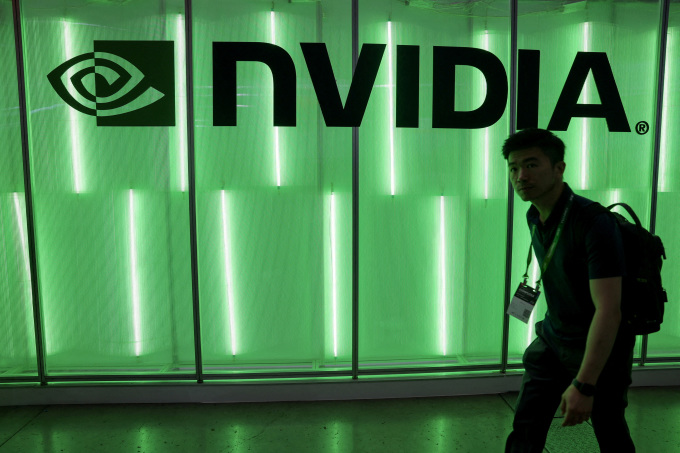Supreme Court to Review Identification Methods in Kriegel Murder Case
In a pivotal moment for justice in Ireland, the Supreme Court is set to hear a case regarding the identification methods used in the Kriegel murder case. The case has drawn significant attention due to its implications for legal standards, technology in law enforcement, and public safety. The outcome could alter not only how cases like Kriegel’s are handled but also how technology is integrated into the criminal justice system.
Background of the Kriegel Case
The murder of 14-year-old Ana Kriegel in May 2018 shocked the nation and sparked widespread condemnation and grief. Ana’s body was discovered in a derelict house in Dublin, leading to a high-profile investigation that eventually led to the conviction of two teenage boys for her murder. Their subsequent trial raised critical questions about the validity of identification techniques employed by law enforcement, particularly concerning the use of digital evidence.
What’s at Stake?
The Supreme Court’s review centers on the methods utilized for identifying the perpetrators. Legal experts emphasize that the case may serve as a landmark ruling on the application of identification evidence obtained through modern technology. “The implications of this decision could redefine how evidence is collected, processed, and presented in court, especially in cases where digital technology plays a pivotal role,” noted Dr. Sarah O’Reilly, a legal scholar at Trinity College Dublin.
Key issues under examination include:
- Witness Identification: The reliability of eyewitness accounts and how they are influenced by technology.
- Digital Evidence: The role of surveillance footage and forensic data in proving guilt.
- Legal Precedents: This case could set new standards for the admissibility of certain types of evidence in criminal trials.
The Role of Technology in Criminal Justice
As technology becomes increasingly integrated into law enforcement, courts are challenged to adapt. Digital tools such as facial recognition software and location tracking can provide crucial evidence but also raise ethical and legal concerns. In 2022, the Irish government pledged to invest in advanced forensic technology to improve conviction rates, showcasing the tension between innovative approaches and traditional legal frameworks.
The Supreme Court Hearing
The hearing is scheduled for later this month at the Supreme Court in Dublin. During the proceedings, the justices will hear arguments from both the defense and prosecution, with a focus on whether the identification methods fall in line with legal protocols. The urgency of this case lies not only in its immediate implications for the Kriegel case but also in its larger impact on the intersection of technology and law.
According to Justice Minister Helen McEntee, "We must ensure that our legal frameworks keep pace with advancements in technology without sacrificing individual rights." This sentiment underscores the importance of safeguarding justice while enhancing prosecutorial capabilities with modern tools.
Potential Consequences for the Technology Sector
The outcome of the Supreme Court’s deliberations may influence how technology firms and law enforcement agencies collaborate. If the court rules that certain identification methods are inadmissible, it could lead to a reevaluation of current practices and innovations in law enforcement technologies. Companies developing such technologies may need to reassess their designs to comply with legal standards.
Experts from the tech industry are closely watching the case, anticipating shifts in policy that could impact everything from surveillance systems to AI in criminal investigations.
Public and Professional Reactions
Public reaction to the case has been polarized, with cries for justice resonating in public discourse while concerns about civil liberties and the potential for wrongful conviction loom large. Advocacy groups are urging the Supreme Court to tread carefully in its considerations.
“Maintaining the integrity of our justice system means rigorously examining how we use technology in investigations,” said John Sobel, a spokesperson for the Justice Reform Alliance. He urged the justices to examine the broader implications of their ruling on public trust in law enforcement.
Looking Ahead
As the date for the Supreme Court hearing draws near, calls for transparency and accountability in both the use of technology and legal procedure continue to grow. This case not only stands as a significant trial regarding the murder of Ana Kriegel but also as a potential turning point for the future of criminal justice in Ireland.
For those interested in exploring the broader implications of technology in law enforcement and legal reform, articles from authoritative sources such as TechCrunch and Wired are invaluable resources. Additionally, check out related discussions on Shorty-News regarding the interplay of law and technology.
As developments unfold, the implications of this case will likely resonate across both the legal and tech industries for years to come. What are your thoughts on the integration of technology in criminal justice? Join the conversation and share your perspectives below.
